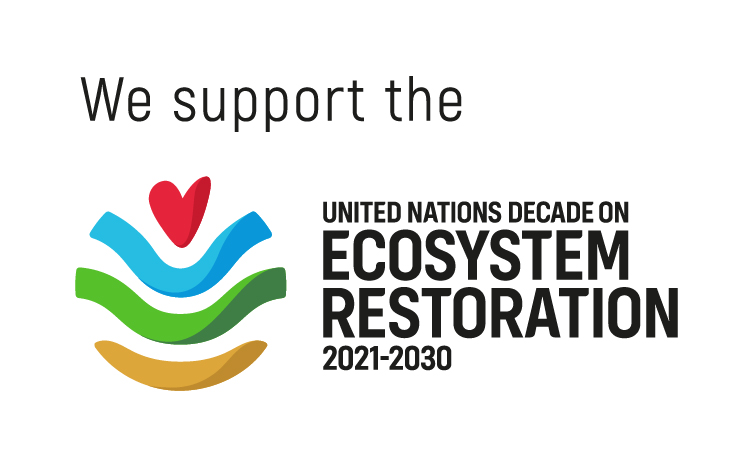Trees for Water®
Mewar, Rajasthan, India

Project Adopted by PepsiCo India Holdings for FY 2017-18
Project Purpose
Trees for Water®Location

Plantation of 25,000 trees in the community lands of the villages of Achla Ji Ka Kheda, Mukanagarh, Gatuna Ka Jhopda and Barodiya, Bhilwara, Mewar, Rajasthan.

Carbon Sequestration

Disaster Mitigation

Groundwater
Recharge

Increase in
Green Cover

Generation of
Rural Employment

Conservation of
Water Table
Why Trees?
The area is characterized by a dry climate due to which the presence of moisture in the atmosphere is very low. Consecutive years with low rainfall result in drought situations. This results in a severe scarcity of water leading to a crisis of drinking water, water, and fodder for cattle, agriculture, and industries. The resulting poverty has led to the people of the area felling trees, according to the account given by Arun Ghosh in the journal article, ‘Drought: The Rajasthan Scenario’, published by the Economic & Political Weekly. A paper by James MacDonald mentions that treeless tropical areas are hotter as they are not able to retain moisture and experience evaporation from the soil and transpiration from the trees faster. Lesser trees lead to lesser absorption of CO2, greater forest fires, and a severe water crisis, leading to further degradation of the forests.
Lindsay C. Stringer et al. in his article 'Adaptations to climate change, drought and desertification: local insights to enhance policy in southern Africa' mentions how the local community of the area dependent on the tree, will be affected due to droughts and felling of trees. Thus, plantation and protection of trees are extremely important in drought-prone areas facing a severe water crisis.
Rajasthan is in the grip of a water crisis with 19 out of 33 districts facing water scarcity and drought conditions. The Revenue Department has identified 17,000 out of 44,672 villages as "famine-affected areas". The main source of drinking water in Bhilwara water comes from the Meja Dam. Scanty monsoon fills up to 0.61% of the dam's capacity. As a result, the city receives less than 260 lakh liters of water daily against the demand for 513 lakh liters of water. Officials of the public health engineering department supply water via train/ferry (up to 25 lakh litres of water). The plantation of trees in this drought-prone region is expected to improve the water table.
Flora
Trees species planted here include Acacia nilotica (Babool), Azardirachta indica (neem), Pongamia pinnata (karanj), Butea monosperma (khakhra), Albizia leebeck (siris), Holoptelea integrifolia (churel), Dalbergia sissoo (shisham) and Ziziphus spp (ber) etc.
Fauna
Animal species found here include Leopard, Green Keelback Snake, Isabelline, Chinkara, Jackals, Blue Bulls, Foxes.
Bird species such as Indian Yellow Tit, Orange Headed Thrush, Indian Blackbird, Aravalli Red Spurfowl. White Rumped Vulture, Red- headed Vulture.
Tree Species
Acacia nilotica (Babool), Azardirachta indica (Neem), Pongamia pinnata (Karanj), Butea monosperma (Khakhra), Albizia lebbeck (Siris), Holoptelea integrifolia (Churel), Dalbergia sissoo (Shisham) And Ziziphus spp (Ber)
Social Impact
Trees planted have created around 2,000 workdays of workdays of jobs to rural communities and will offset approx.500, 000 kgs of carbon on maturity. Trees, especially drought-tolerant local species of trees, will provide measures to tackle the consequences of drought. Local species of trees will send out deep, water-seeking roots into the soil to tap into local groundwater and draw it to the surface, this is distributed laterally and vertically retaining soil moisture. Tree covers prevent evaporation from rivers, reservoirs, and soil saving water for agricultural purposes. Planting indigenous trees help drought-prone areas cope and will sustain long-term benefits in Bhilwara.









